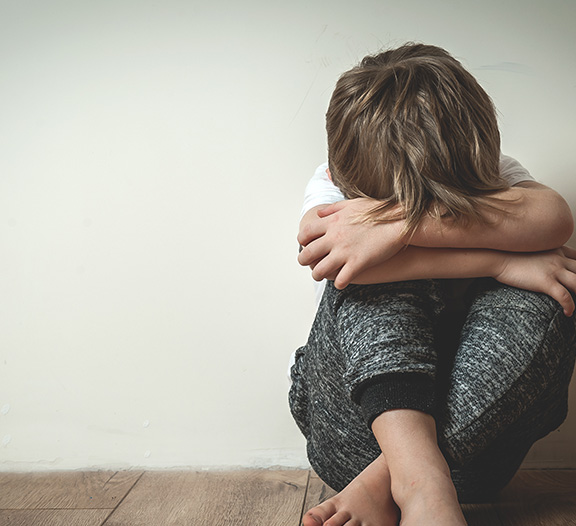Recognizing
Child Neglect
“Neglected Child” means a child less than 18 years of age whose physical, mental or emotional condition has been impaired or is in danger of becoming impaired as a result of the failure of the child’s legal guardian to exercise a minimum degree of care in supplying the child with adequate food, clothing, shelter, or education or medical care. Neglect also occurs when the legal guardian fails to provide the child with proper supervision or guardianship by allowing the child to be harmed, or to be at risk of harm which includes when the guardian misuses drugs or alcohol him/herself.
PLEASE NOTE: Some of these indicators may be attributable to specific life conditions or changes of circumstance such as homelessness, poverty or other traumatic events. A pattern of conditions or behavior is the strongest indicator of abuse and should not be ignored. Failure to supervise is the leading cause of child death and should never be minimized.
Observable Indicators:
- dirty skin
- offensive body odor
- unwashed, uncombed hair
- tattered, under or oversized and unclean clothing
- dressed in clothing that is inappropriate to weather or situation
- frequently left unsupervised or alone for periods of time
Indicators of Poor Health:
- drowsiness, easily fatigued
- puffiness under the eyes
- frequent untreated upper respiratory infections
- itching, scratching, long existing skin eruptions
- frequent diarrhea
- bruises, lacerations or cuts that are infected
- untreated illnesses
- physical complaints not responded to by parent
Indicators of Malnutrition:
- begging for or stealing food
- frequently hungry
- rummaging through garbage pails for food
- gorging self, eating in large gulps
- hoarding food
- obesity
- overeating junk foods
Indicators in Infants and Toddlers:
- listlessness
- poor responsiveness
- does not often smile, cry, laugh, play, relate to others
- lacks interest, curiosity
- rocks, bangs head, sucks hair, thumb, finger,
- tears at body
- is overly self-stimulating, self-comforting
- does not turn to parent for help or comfort
- hospitalization for failure to thrive – regresses upon return to home
- unduly over or under active for no apparent purpose
Indicators in Children:
- cries easily when hurt, even slightly
- comes to school without breakfast
- has no lunch or lunch money
- needs dental care, glasses
- falls asleep in class
- often seems in a fog or dream world
- comes to school early, does not want to go home
- sees self as failure
- troublesome at school
- does no homework, refuses to try
- destroys completed written work
- destroys books, assignments and learning aids or toys
- is withdrawn, overactive, underactive and/or lethargic (depressed)
- is cruel to classmates
- lies, steals from classmates, school
- breaks objects or damages school property
- frequently absent or late for school
Indicators with Parents and Family:
- promises but does not follow up on recommendations
- fails to keep appointments and/or refuses help from school or other resources
- abuses alcohol or other drugs
- lifestyle of relative isolation from relatives, friends
- history of abuse or neglect as a child
- disorganized, chaotic home life
- history of chronic illness
- gives impression of resignation and feeling that nothing makes much difference anyway
- failure to provide supervision of children
Contact Dr. Kraizer
The Coalition for Children is a not-for-profit (501c(3)) organization founded by Dr. Sherryll Kraizer in 1982. The mission of the Coalition for Children is enhancing the well-being of children, families and society by providing positive, effective, multidisciplinary and culturally diverse prevention programming in collaboration with other organizations and individuals.
Contact Information
Follow


